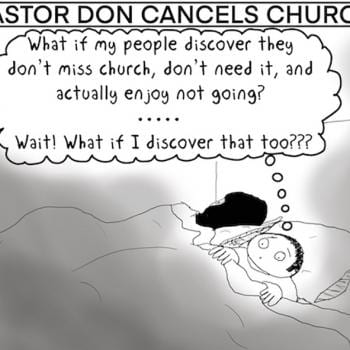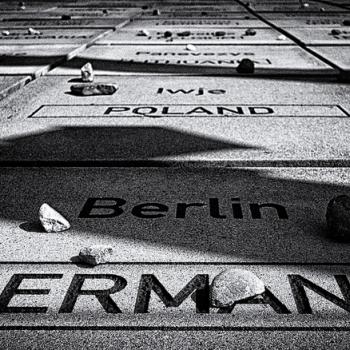We went quiet in worship. Not so much sound quiet, although we provide moments for silent listening.This quietness centered around light.
We scattered multiple table and floor lamps around the worship center and let them light our worship, eliminating the bright overhead lights. The multiplicity of lamps became object lessons: each of us is a light of some sort, but all are shaped differently and put out different types of light.
Everyone noticed the lighting change immediately. What we didn’t expect was the effect on our worship. The quiet, gentler lighting soothed us. Prayers were offered more freely, singing both more relaxed and with fuller sound. Intentional silence spilled over with joy, sometimes accompanied by tears of release.
The service of the acolytes, our light-bearers, rose in prominence. The altar candles burned more brightly while the symbolism of the candlelighters leading us out suddenly made more sense.
It was quieter in light and quieter in sound.
And full of Presence.
Recently, I ventured into a high-end shopping mall. My laptop gasps, “Please give me a break, I am aging even more rapidly than you.”
After I staggered out of the computer store with the bottom-line price laughing at my limited resources, I stopped for a few moments near a display kiosk to check email and phone messages.
Within seconds, I realized that the high noise level was throwing me off-balance. Curious, I found a decibel measure app, downloaded it, and measured the sound level: 82-99 dB.
A bit of explanation: On the decibel scale, the smallest audible sound (near total silence) is 0 decibels (dB). A sound 10 times more powerful is 10 dB; a sound 1000 times more powerful is 30 dB. Common sounds and their decibel ratings: A whisper, 15; normal conversation, 60; lawnmower, 90; a rock concert, 120, gunshot, 140.
Any sound above 85 dB can cause hearing loss, especially with prolonged exposure. Mall merchants live and work with noise levels that damage their hearing. And this on a day with few people there!
Surely this is not good for us. Surely it takes a toll on the body, soul, mind and spirit to be under constant bombardment of noise.
One day when I was in NYC, I was walking on the Upper East Side with my then five-year old granddaughter. We were on a busy north/south Avenue and walked accompanied by traffic noise.
Suddenly the noise stopped. The choreographed traffic lights were red north and south of us. No cars traversed the gap. My granddaughter said, “Granny, its quiet out here.” Noise has become the norm, quiet the anomaly.
Now, nature does not keep silent. Jungles reverberate with noise at night, as insects and animals keep up constant, loud chatter. Elephant trumpets can be heard for miles; tornadoes have always sounded like freight trains even before people knew what freight trains were; thunder always startled unwary creatures.
This year the cicadas nearly deafened us with their mating sounds and who among us has not been frustrated by the cricket in the bedroom, their tiny legs producing huge sound? Giant waterfalls have always made conversation impossible, glaciers break with deafening “CRACKS!” and volcanoes spill their guts to roaring accompaniment. Loud birdsong announces the dawn.
Nonetheless, for the vast majority of human history, a kind of quiet unknown to modern ears ruled. Music was available only when live musicians performed, so highly appreciated. Machinery was powered by animals. Factories non-existent until the Industrial Revolution.
Could the constant accompaniment of sound be part of the reason we have trouble hearing God? Could that sound function like the too-bright lights, dimming to near invisibility the work of the acolytes?
Could too much sound make us deaf to the still, small voice of God?
Could too much artificial light blinded us to our own call to be light to the world?
Have we become a sightless, unhearing people?
















